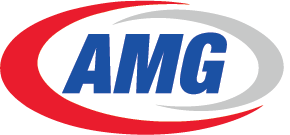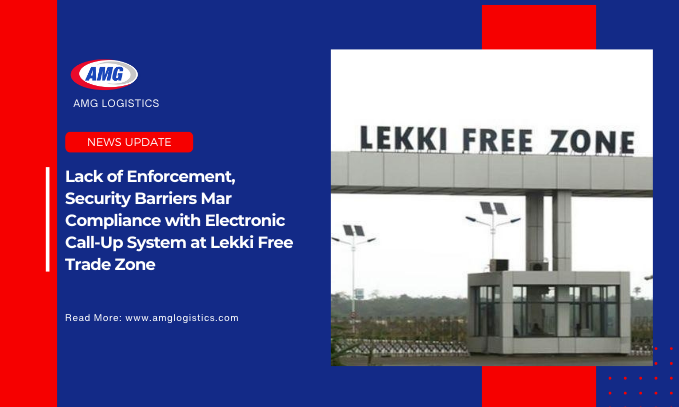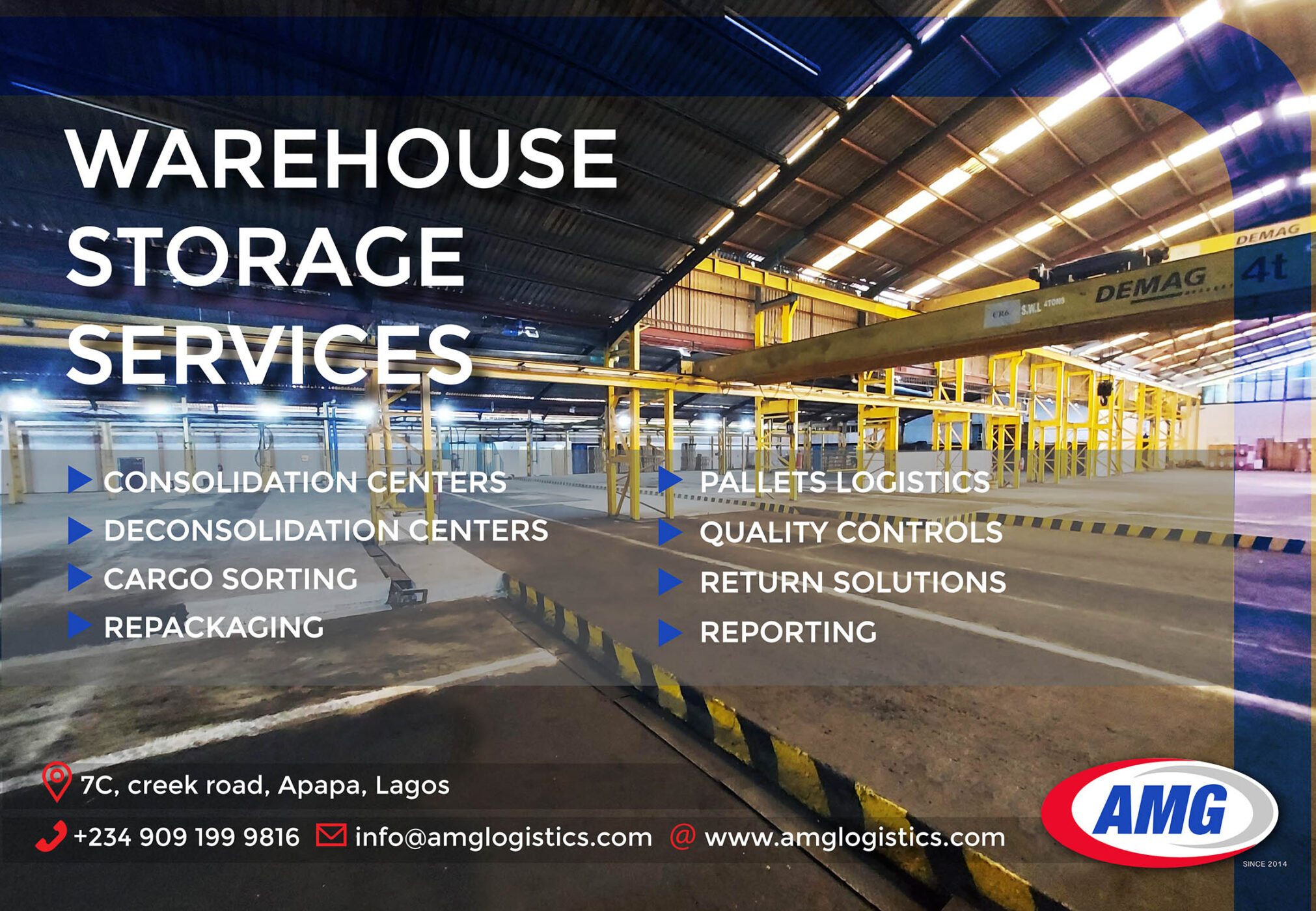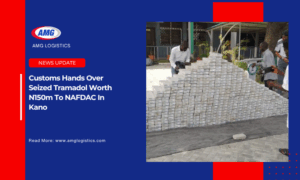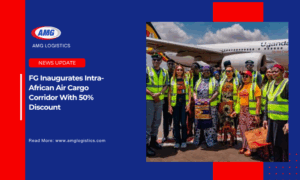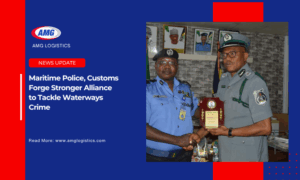Findings by Shipping Position Daily have revealed that the recently deployed electronic call-up system at the Lekki Free Trade Zone is facing compliance challenges, due to insufficient enforcement and security measures, limiting its intended impact on managing truck congestion.
Despite having the necessary infrastructure in place, many truck operators have yet to adopt the system, leading stakeholders to express concerns over the low compliance and the need for stronger oversight to ensure the system’s effectiveness.
Shipping Position Daily recalls that the Lagos State Government had announced the launch of the e-call up system, which was made by the Lagos State Commissioner for Transportation, Oluwaseun Osiyemi on September 23, 2024 via his official X (formerly Twitter) handle. This follows the earlier postponement of the initial roll-out, which was scheduled for August 1, 2024.
Osiyemi said that the e-call up system would serve as a sustainable and technology-driven solution designed to optimize truck scheduling and coordination.
Checks by our correspondent show that last week the Lagos State Government met with stakeholders at the Lekki Free Trade Zone axis to assess the effectiveness and compliance level of the newly-deployed e-call up system within the axis.
Special Adviser to the Governor on Transportation, Sola Giwa, stressed that this initiative is crucial in preventing chaotic traffic conditions and indiscriminate parking, thereby preserving real estate value and ensuring smooth operations along the Ibeju-Lekki axis.
Giwa led a team from the Ministry of Transportation, including the Senior Special Assistant on Transportation Logistics, Comrade Hassan Adekoya to engage key stakeholders such as: Pinnacle Oil, Dangote, Lagos Free Zone, Lekki Free Zone, Lekki Port, the Nigerian Ports Authority (NPA), and the Ibeju-Lekki Local Council Development Area.
Speaking with our correspondent last week, a chieftain of the Association of Maritime Truck Owners (AMATO), Mr Rilwan Bello shared insights on the current situation of the electronic call up at Lekki corridor. While he confirmed that the system’s infrastructure is in place, he noted that full compliance from truck operators remains elusive.
Bello attributed the low compliance to issues such as insufficient enforcement and a lack of security measures that could encourage truck operators to adopt the system. He explained that the transition period typically requires strict oversight to ensure smooth operations, even as he added that the current gap in enforcement may be preventing full adherence.
“Compliance has not started fully. They have started the e-call up, but I don’t think the transporters have been 100 per cent compliant. We all know how it is. When this process starts, there has to be some compliance level vis-a-vis security and enforcement.” Bello stated.
Also speaking, a freight forwarder at Lekki Deep Sea Port, Olaoluwa Akanbi confirmed that the system, which was intended to ease congestion at the Port, is still struggling to gain traction.
According to the freight forwarder, while infrastructure has been established, the system is not fully operational as intended. Akanbi specifically noted that implementation at the Lekki Deep Sea Port is yet to fully commence.
“They have been promising us that the e-call up system will soon start, but we have not seen anything as regards that here at Lekki Port. Even though the infrastructure is there, the system hasn’t fully started working at the port” Akanbi noted.
According to a source who pleaded anonymity, recent statements from the Lagos State government and posts on social media suggest the system has been launched. However, he noted that feedback from port users raises uncertainty about its operational status.
The source emphasized the importance of firsthand reports from truckers and freight operators to verify the system’s status. “The feedback we get will determine our stance on the call-up system,” he said, suggesting that while infrastructure may be in place, practical use at the port might still be limited.
